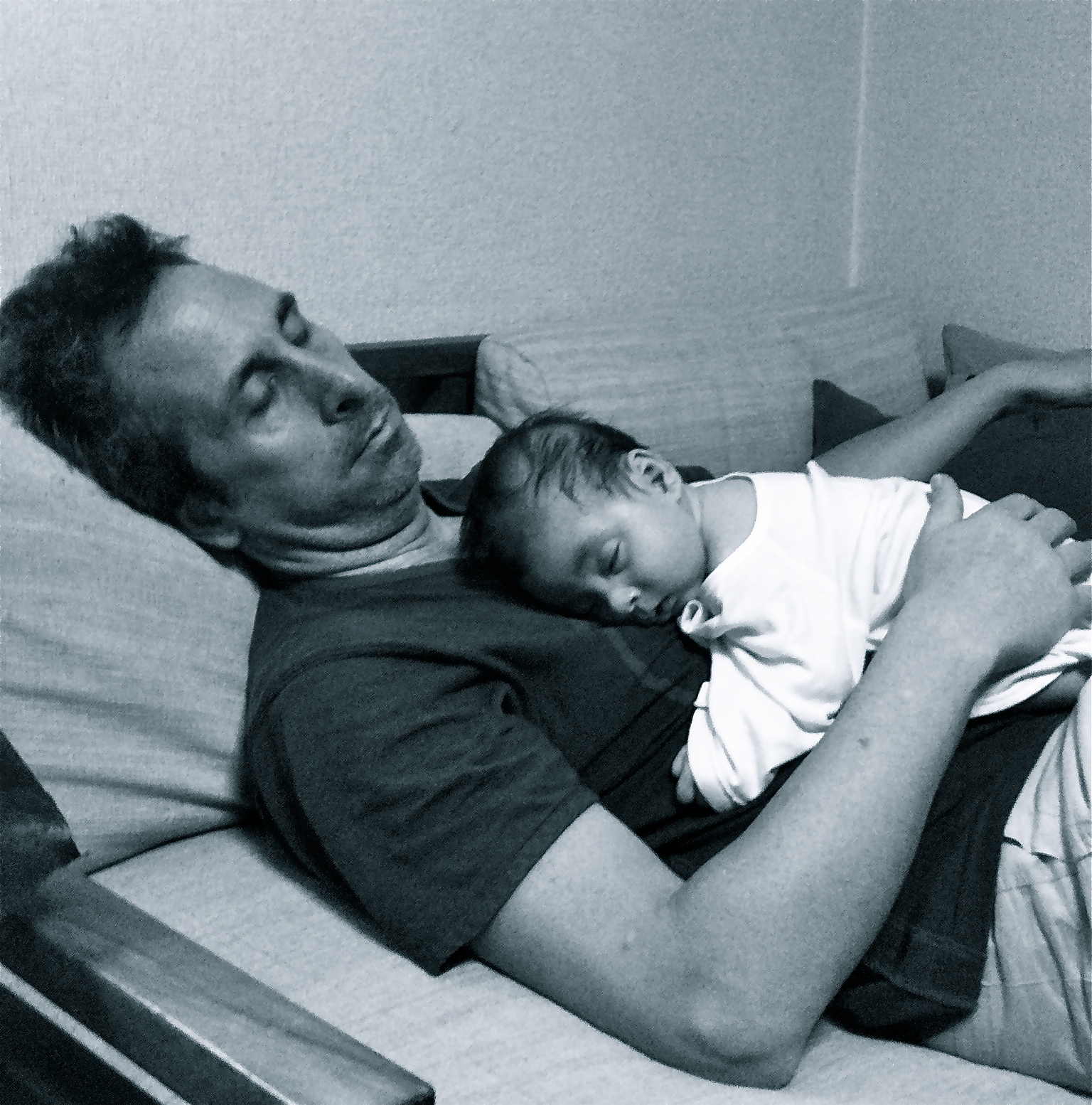The Balls Giveth, the Balls Taketh Away
 Tuesday, October 4, 2011 at 4:20PM
Tuesday, October 4, 2011 at 4:20PM
 Earlier last month, the results of a study published in the Proceedings of the National Academy of Sciences of the U.S.A. (what a mouthful) caused quite a stir in the media. The longitudinal study of 600 men in the Philippines found that, one, men with higher testosterone levels in the morning (known as "waking T") were likely to be partnered fathers four and half years later when a follow-up study was conducted, and, two, those who had become fathers experienced large declines in their waking T. Fathers who engaged in three or more hours of childcare were found to have even lower levels of testosterone.
Earlier last month, the results of a study published in the Proceedings of the National Academy of Sciences of the U.S.A. (what a mouthful) caused quite a stir in the media. The longitudinal study of 600 men in the Philippines found that, one, men with higher testosterone levels in the morning (known as "waking T") were likely to be partnered fathers four and half years later when a follow-up study was conducted, and, two, those who had become fathers experienced large declines in their waking T. Fathers who engaged in three or more hours of childcare were found to have even lower levels of testosterone.
Well now, I could have told you so much.
Although surrounded by young women, day in and day out, thanks to the salubrious nature of my work at a women’s college, sex has been one of the last things on my mind ever since the birth of my son. Until I read the report, I had just assumed it was the lack of sleep that was putting the damper on my libido. (If given the choice, I would much rather have a long afternoon nap than a moonlight tryst.)
According to an article in the New York Times, “Scientists say this suggests a biological trade-off, with high testosterone helping secure a mate, but reduced testosterone better for sustaining family life. ‘A dad with lower testosterone is maybe a little more sensitive to cues from his child, and maybe he’s a little less sensitive to cues from a woman he meets at a restaurant,’ said Peter Gray, an anthropologist at the University of Nevada, Las Vegas, who has conducted unrelated research on testosterone in fathers.”
Makes perfect sense to me, but them I’m a little woozy after yet another fitful night’s sleep.
